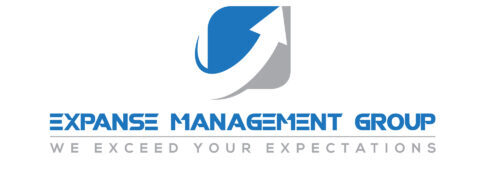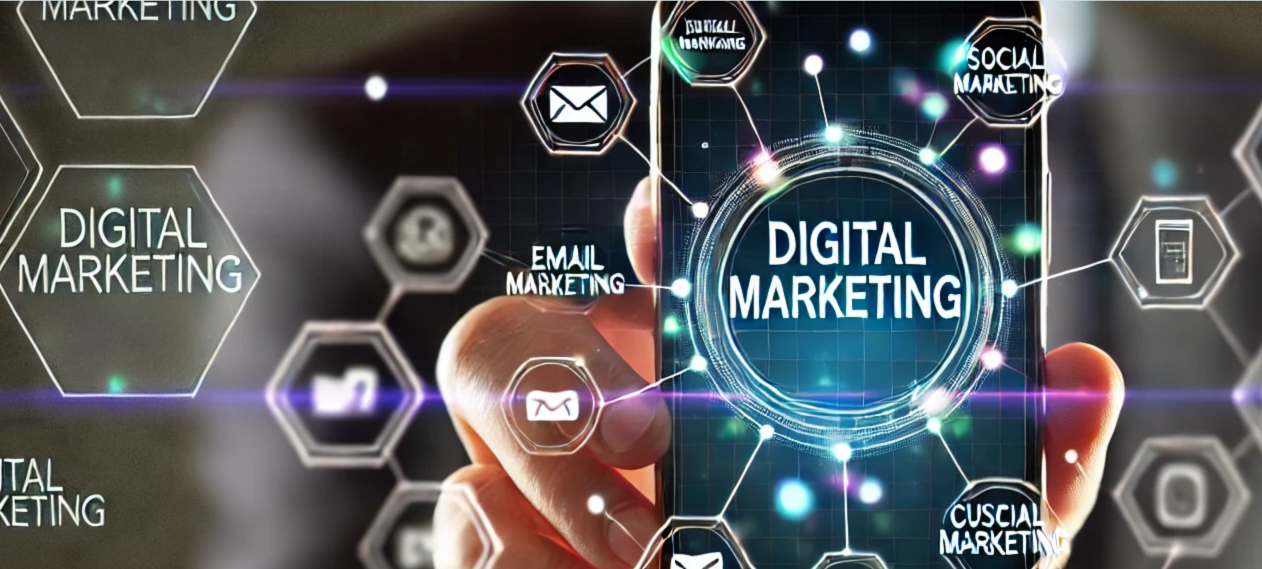Have you ever wondered how you can effectively market your products or services and stay connected with potential customers or clients in an increasingly digital world? In today’s competitive business landscape, utilizing digital tools for marketing and following up with prospects can be a game-changer. Let’s explore the power of digital tools in marketing and how they can help you stay in touch with your leads and customers effectively.

The Importance of Digital Marketing in Today’s Business Environment
Digital marketing has revolutionized the way businesses promote their products or services. In a world where consumers spend a significant amount of time online, having a strong digital presence is crucial for attracting leads and converting them into customers. With the rise of social media, search engines, and online advertising, digital marketing offers endless opportunities to reach a wider audience and drive sales.
Incorporating digital marketing strategies into your business not only allows you to target a specific demographic but also enables you to track the performance of your campaigns in real-time. From email marketing to social media advertising, utilizing digital tools can help you create personalized campaigns that resonate with your target audience and drive engagement.
Harnessing the Power of Social Media for Marketing
With the growing popularity of social media platforms such as Facebook, Instagram, Twitter, and LinkedIn, businesses have a unique opportunity to connect with their audience in a more personal and engaging way. Social media marketing allows you to showcase your products or services, interact with customers, and build brand loyalty through engaging content and targeted advertising.
By utilizing tools like Facebook Ads Manager or Hootsuite, you can create and schedule posts, monitor engagement metrics, and reach a wider audience with targeted advertising campaigns. Leveraging social media for marketing not only increases brand visibility but also provides a platform for two-way communication with your customers, allowing you to address their questions or concerns in real-time.
Automating Your Marketing Efforts with Digital Tools
In a fast-paced digital era, automation has become an essential component of any successful marketing strategy. Automating repetitive tasks such as email campaigns, lead nurturing, and social media scheduling not only saves time but also ensures consistency and efficiency in your marketing efforts. Digital tools such as customer relationship management (CRM) software, email marketing platforms, and marketing automation tools can streamline your marketing processes and help you stay on top of your campaigns.
Implementing Email Marketing Automation
Email marketing continues to be one of the most effective channels for reaching and engaging with your audience. By implementing email marketing automation tools such as Mailchimp, Constant Contact, or HubSpot, you can create personalized email campaigns, segment your audience, and track the performance of your emails in real-time. Automation allows you to send targeted emails based on user behavior, preferences, or interactions with your website, ensuring that your messages are relevant and timely.
Automating your email marketing efforts can help you nurture leads, drive conversions, and build long-lasting relationships with your customers. With automation tools, you can set up drip campaigns, send follow-up emails, and track the success of your campaigns through detailed analytics. By leveraging the power of email marketing automation, you can keep your audience engaged and informed about your products or services with minimal effort.
Leveraging Marketing Automation Platforms
Marketing automation platforms such as Marketo, Pardot, or ActiveCampaign offer a comprehensive solution for streamlining your marketing efforts and driving results. These tools allow you to create multi-channel campaigns, track customer interactions, and personalize content based on user behavior. With features like lead scoring, dynamic content, and A/B testing, marketing automation platforms enable you to optimize your campaigns for maximum impact and efficiency.
By leveraging marketing automation platforms, you can automate repetitive tasks, segment your audience, and measure the success of your campaigns through detailed analytics. These tools provide valuable insights into customer behavior, preferences, and engagement metrics, allowing you to tailor your marketing strategies to meet the needs of your audience. From lead generation to conversion and retention, marketing automation platforms can help you drive results and stay ahead of the competition.
Following Up with Prospects and Retaining Customers
In addition to attracting new leads and converting them into customers, following up with prospects and retaining existing customers is crucial for long-term success. Digital tools can help you stay connected with your audience, nurture relationships, and provide ongoing support to customers who need follow-up to stay engaged with your products or services. By implementing follow-up strategies and utilizing digital tools for customer retention, you can build loyalty, trust, and satisfaction among your customers. These are benefits you can have:
Implementing Customer Relationship Management (CRM) Software
Customer relationship management (CRM) software is a valuable tool for managing customer interactions, tracking leads, and nurturing relationships throughout the customer journey. CRM platforms like Salesforce, Zoho CRM, or Microsoft Dynamics offer a centralized solution for storing customer data, tracking communication history, and managing sales pipelines. By using CRM software, you can keep track of customer interactions, tailor your communication to their needs, and provide personalized support to build lasting relationships.
CRM software also enables you to automate follow-up tasks, schedule reminders, and track customer engagement metrics to ensure that you stay connected with your leads and customers. By implementing CRM software into your business, you can streamline your follow-up processes, improve customer retention, and provide a seamless experience for your audience. With a comprehensive CRM system in place, you can build stronger relationships with your customers and create a loyal customer base.
Utilizing Customer Feedback and Surveys
Gathering feedback from your customers is essential for understanding their needs, preferences, and satisfaction levels with your products or services. Digital tools such as online surveys, customer feedback forms, and Net Promoter Score (NPS) surveys can help you collect valuable insights from your audience and identify areas for improvement. By listening to your customers and acting on their feedback, you can enhance the customer experience, address issues proactively, and build trust with your audience.
Implementing customer feedback and surveys into your follow-up strategy can help you gather actionable insights, measure customer satisfaction, and identify opportunities for growth. By leveraging digital tools to collect feedback, you can demonstrate your commitment to customer service, improve product offerings, and drive customer loyalty. By incorporating customer feedback into your follow-up processes, you can create a feedback loop that fosters continuous improvement and strengthens relationships with your customers.
Conclusion
In today’s digital age, utilizing digital tools for marketing and following up with prospects is essential for staying competitive, driving sales, and building lasting relationships with your audience. By harnessing the power of social media, email marketing automation, and marketing automation platforms, you can create targeted campaigns, automate repetitive tasks, and measure the success of your efforts in real-time. Additionally, by following up with prospects and retaining customers through CRM software, customer feedback, and surveys, you can provide ongoing support, build loyalty, and create a seamless experience for your audience.
As you navigate the ever-evolving landscape of digital marketing, remember to stay connected with your leads and customers, personalize your communications, and leverage the power of digital tools to drive results. By incorporating digital marketing strategies into your business and using automation tools to streamline your efforts, you can stay ahead of the competition, engage with your audience effectively, and achieve your marketing goals. Embrace the power of digital tools in marketing and following up with prospects to enhance your brand visibility, drive sales, and build lasting relationships with your customers.


